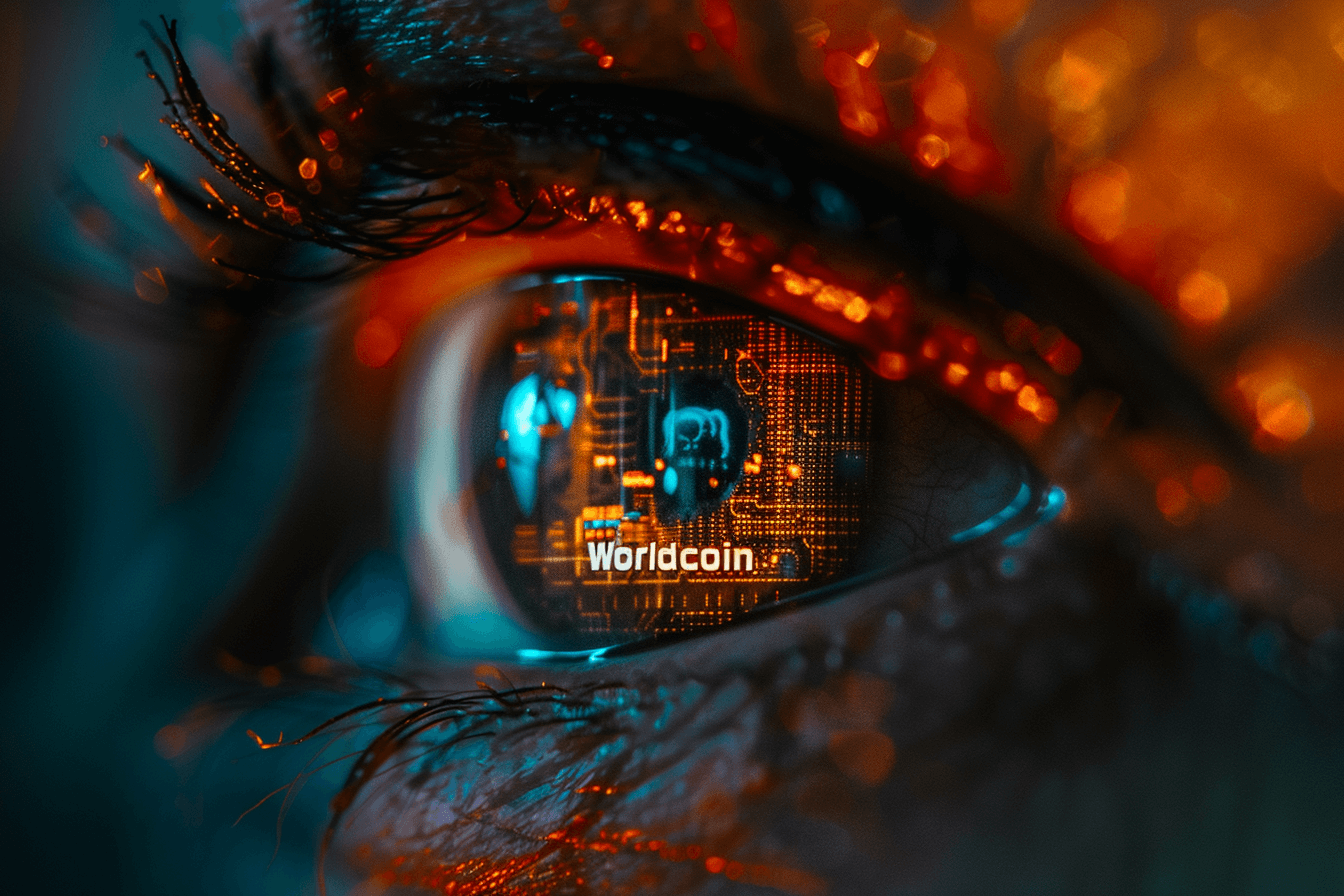Worldcoin responds to the objections of some countries (such as Spain) and eliminates the option of storing biometric data. From now on, retinal scan data will be stored on users' devices and they will decide what they want to do with it. This 180% turnaround clearly shows that the creators of the project want to modify it, adapting to the community's opinion.
Why does Worldcoin react to the allegations in this way?
One of the main allegations about the Worldcoin project was that the company scanned the retinas and stored biometric data of millions of people from around the world. The application has over 2 million active users, and the price of WLD, the native token of the project, is soaring, reaching another ATH. The current WLD is now over $8.13. It is worth noting, however, that in recent weeks the network has been informed about the suspension of the project in Spain for a period of three months. All because of the biometric data of Spanish citizens, i.e. retina scans, stored by the company.
The startup, co-founded by Sam Altman, has clearly analyzed the allegations from Spain and several other countries. Worldcoin responds to the allegations and introduces completely new rules called “Personal Supervision”. From now on, people wearing ID cards World IDs will no longer have the ability to store and encrypt their biometric data. Instead, data “captured by Orb and used to generate the iris code during World ID verification” will be stored on users' personal devices.
Your data, your responsibility
Tiago Sada from Tools for Humanity admitted in an interview for The Block that the Worldcoin project has always taken privacy seriously. Nevertheless, Worldcoin is responding to the allegations and is introducing a personal data surveillance initiative for users who have not yet registered. As Sada himself admits, who is the chief engineer and designer at Tools for Humanity, the software provider for the Worldcoin project:
While everything was previously deleted by default, users will now have control over what they want to do with their data. This gives you peace of mind and does not require you to trust anyone.
It's worth noting that before the introduction of personal surveillance and World ID 2.0, people registering with Worldcoin had two options: either their biometric data was immediately deleted by the orb after the scan was approved, or users could allow the project to encrypt and store their biometric data in “secure data warehouses.
This is what many governments have had problems with. It seems that by eliminating this problem, Worldcoin is entering a new development path. Another important news is that Orbs, which are retina scanning devices, are now open-source. Transparency above all.

